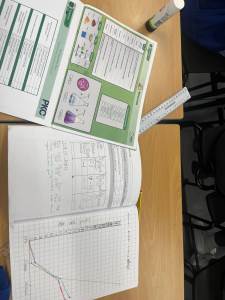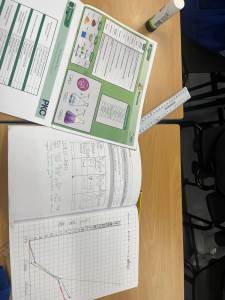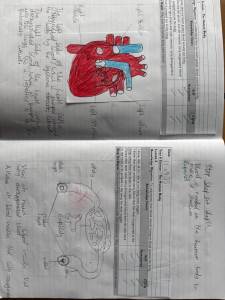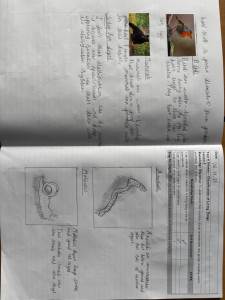Science
Science
Intent
At Bevington Primary School, our Science curriculum is designed to ignite curiosity and foster a lifelong interest in the world around us. Through a carefully sequenced and knowledge-rich curriculum, we aim to introduce pupils to some of the most extraordinary discoveries humanity has made — from the workings of the human body to the mysteries of space and the forces of nature.
Our intent is that pupils:
- Develop a deep and secure understanding of key scientific knowledge and concepts
- Learn to think, speak and act as scientists — observing, enquiring, testing and analysing
- Understand the significance of science in everyday life, including its impact on the past, present and future
- Study the diverse contributions of scientists from a range of backgrounds, such as Lewis Howard Latimer, Jabir ibn Hayyan and Thomas Edison, to inspire inclusive and aspirational thinking
Through this approach, we empower pupils to make sense of the world and equip them with the tools to explore it further.
Implementation
Science is taught weekly in every year group as a discrete subject, ensuring regular, high-quality opportunities for knowledge acquisition and enquiry. We follow a carefully sequenced curriculum that builds pupils’ substantive knowledge (e.g. states of matter, electricity, plant biology) and disciplinary knowledge (how to work scientifically) over time.
Our curriculum includes:
- Explicit teaching of scientific vocabulary and key concepts
- Practical investigations and hands-on experiments to explore scientific ideas in action
- Clear progression in enquiry skills such as predicting, observing, classifying, measuring, and drawing conclusions
- Regular retrieval of prior knowledge to strengthen long-term memory and deepen understanding
- Meaningful links to other subjects, such as using data handling in Maths or writing up investigations in English
Each unit is rooted in a ‘Big Question’ to frame the learning and promote critical thinking. For example: What makes something a living thing? or How do shadows change? This enquiry-based approach encourages pupils to hypothesise, test and refine their ideas, and helps them develop confidence in scientific reasoning.
We also ensure pupils explore the work of significant scientists, past and present, from a range of cultures and backgrounds. This highlights the global nature of science and encourages pupils to see themselves as future scientists, engineers and innovators.
Impact
The impact of our Science curriculum is visible in the way our pupils engage with and talk about science — with enthusiasm, accuracy and curiosity. Progress is monitored through:
- Ongoing formative assessment of both knowledge and working scientifically skills
- Pupil voice and science journals to evaluate depth of understanding
- End-of-unit assessments and enquiry tasks to consolidate learning
By the end of Year 6, pupils will:
- Have a secure understanding of core scientific concepts in Biology, Chemistry and Physics
- Be able to design, carry out and evaluate simple investigations with increasing independence
- Use scientific vocabulary with precision and apply their knowledge to explain real-world phenomena
- Appreciate the role of science in society and be aware of the diverse individuals who have contributed to it
Our Science curriculum not only prepares pupils for Key Stage 3 and beyond but also cultivates curiosity, creativity and critical thinking. Pupils leave Bevington with the ability to question the world around them — and the confidence to explore it.








